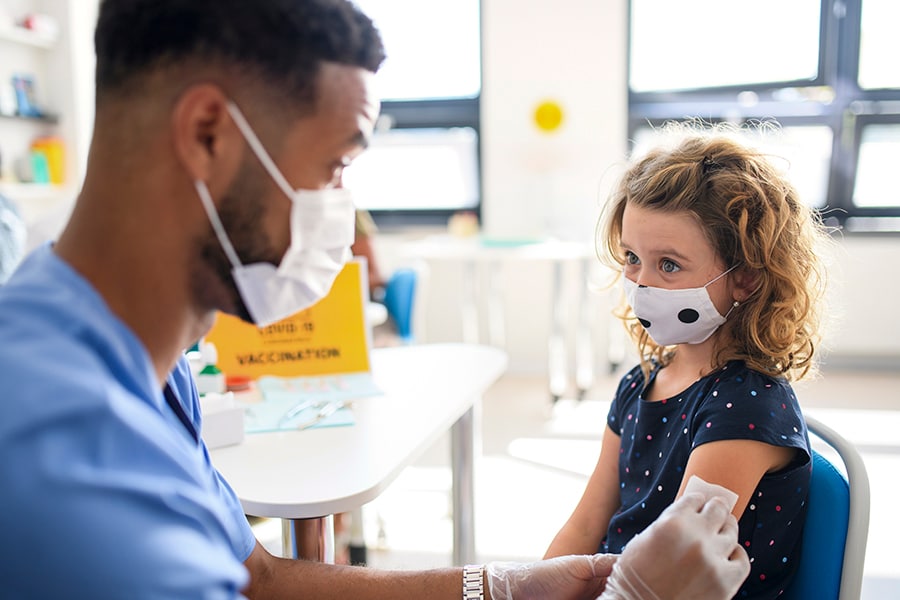
Moderna begins testing Covid-19 vaccine in babies and children
Many parents want protection for their children, and vaccinating children should help to produce the herd immunity considered crucial to stopping the pandemic
 Image for representational purpose only
Image for representational purpose only
Image: Shutterstock
The drug company Moderna has begun a study that will test its COVID vaccine in children younger than 12, including babies as young as 6 months, the company said Tuesday.
The study is expected to enroll 6,750 healthy children in the United States and Canada. Moderna declined to say how many had already signed up or received the first shots, according to a spokeswoman, Colleen Hussey.
“There’s a huge demand to find out about vaccinating kids and what it does,” said Dr. David Wohl, the medical director of the vaccine clinic at the University of North Carolina, who is not involved the study.
In a separate study, Moderna is testing its vaccine in 3,000 children ages 12-17, and may have results for that age group by summer. The vaccine would then have to be authorized for use in children, so it would not be immediately available.
Many parents want protection for their children, and vaccinating children should help to produce the herd immunity considered crucial to stopping the pandemic. The American Academy of Pediatrics has called for expansion of vaccine trials to include children.
©2019 New York Times News Service




